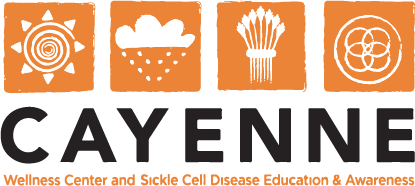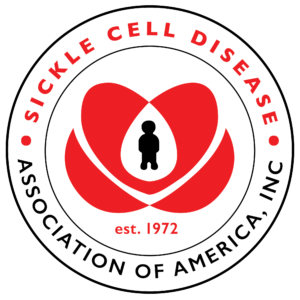The Brain + School + SCD
The Brain + School + Sickle Cell Disease: Bringing Families Together on Sat, May 22, 2021 11:00 AM
- To identify the impacts of sickle cell disease (SCD) on education and helpful accommodations
- Identify educational plans for qualifying students
- Outline the responsibilities of family, student, and the school
- Explain the school services provided to children with SCD at St. Jude Children’s Research Hospital (SJCRH)
- Explore impact of sickle cell disease (SCD) complications on academic performance
- Identify benefits of educational plans and identify appropriate accommodations to include
Meet our Speakers
Latacha Hamilton, Ph.D.
has worked in education over 20 years and joined St. Jude Children’s Research Hospital 11 years ago. As Academic Coordinator, she has worked with patients ages 2-18 but primarily works with teens to advocate and provide SCD education to school professionals throughout Tennessee, Mississippi, and Arkansas. As part of a comprehensive transition program, she developed the academic/vocational domain to prepare teens for transition to adult care. She continues to participate in research projects specific to SCD and investigations regarding students’ disclosure of invisible disabilities to access disability support services in higher education. She has shared this information with patients, families, professionals, and community partners nationally and internationally.
Aisha GIlliam, M.Ed
is a Liaison II at Washington University School of Medicine in St. Louis, Missouri. She holds a Masters in Education Administration and Counseling from Missouri Baptist University, as well as certifications in Elementary and Special Education. Aisha has more than 10 years experience in the field of education working supporting students with special needs. Currently, she services pediatric patients with hematology needs in the area of sickle cell disease. Aisha is passionate about helping bridge the gap between the medical and school settings. Aisha strives to empower her patients and families to advocate for their needs. Her goal is for her patients to be more confident in their academic abilities and helping schools to think outside the box to service those with unique needs. Aisha also supports patients with post-secondary transition. She developed partnerships with community stakeholders to help improve educational outcomes for the patients she serves. Aisha has been fortunate to see progress in the patients she has supported. She knows it takes a village and appreciates the continued support from her colleagues. Aisha makes it a point to learn something from each family she encounters.
Meet our moderator
Eboni Lance, MD, Ph.D.
is board-certified in general pediatrics, neurology with a special qualification in child neurology, and neurodevelopmental disabilities. Dr. Lance’s research interest is in children with sickle cell disease and neurodevelopmental issues, such as ADHD, intellectual disability, and learning disabilities. From her talk, you’ll get an understanding of why and how sickle cell disease can impact executive function.



